 Following is the address made by Foreign Minister Avigdor Lieberman to the foreign diplomatic corps ahead of Rosh Hashanah 5775.
Following is the address made by Foreign Minister Avigdor Lieberman to the foreign diplomatic corps ahead of Rosh Hashanah 5775.
Today, it is clear to everybody that the real division in the Middle East is not between Jews and Arabs, between Israel and the Arab states, but between moderates and radicals. There are no significant differences between Hamas and ISIS, or between Jihad and Al Qaeda.
It is a great pleasure and honor for me to be here with you today on the eve of Rosh Hashanah, the Jewish New Year, a time of renewal and hope. I am especially thankful for this opportunity to share with you my perspective and my understanding of Israel’s current situation.
Just a month ago, we completed Operation Protective Edge and achieved a ceasefire, putting a halt to the bombardment of our towns by thousands of rockets and mortars. This is an opportunity to thank you for your understanding of the great challenges that Israel faced during the 50 days of this operation.
Yet, it is our obligation today to assess the results of this operation and to contemplate whether and how it may be possible to prevent the next operation. It is particularly important to understand how it is that nine years after our complete withdrawal from Gaza, we are still fighting and looking for ways to avoid yet another future clash.
It is perhaps even more important to try and understand why 21 years since the Oslo Accords we are still in a deadlock in our negotiations with the Palestinians. Or why we haven’t witnessed a strategic breakthrough in our relations with all of our neighbors, not only the Palestinians.
Why haven’t we succeeded in reaching a comprehensive peace agreement? The answer, it seems to me, is simple. We have been like a doctor who makes a wrong diagnosis, gives a wrong medicine, and is then surprised that the patient doesn’t recover.
The problem is that Israel has been contending for many years with misunderstandings or misrepresentations and the world isn’t ready to change its mind.
First of all is the view that the Israeli-Palestinian conflict is the heart of all Middle East conflicts and problems. In my opinion, it’s not the biggest problem and not the central problem. It’s actually a marginal problem and really not so important. It may be important for the public relations of Arab leaders, as a way of avoiding their own domestic problems. By inciting crowds and blaming Israel for everything, they try to explain away why they have failed.
But especially today, after the so-called Arab Spring, or Arab Winter, the true reasons for strife in the Middle East – poverty, misery and corruption – are evident to all and the way to potentially move forward is equally clear.
The solution can only be found in a comprehensive regional approach, with three dimensions: the Arab states, the Palestinians and Israel’s Arab community.
Also, these three dimensions need to be addressed simultaneously, not sequentially. We need to think in terms of a package deal.
Today, it is clear to everybody that the real division in the Middle East is not between Jews and Arabs, between Israel and the Arab states, but between moderates and radicals.
There are no significant differences between Hamas and ISIS, or between Jihad and Al Qaeda. While they may differ in name, in their essence they are the same. We were shocked at the execution of innocent Palestinians in Gaza at the hands of militants in front of crowds of innocent women and children, just as we were shocked by the brutal murders broadcast to the whole world by ISIS. And we were equally dismayed at the brazen disregard of Hamas leaders for the lives of their own citizens, whom they used cynically as human shields.
Nor do we forget what sparked the last confrontation: the brutal kidnapping and murder by Hamas of three Israeli teenagers in Gush Etzion.
It is important to remember that Israel made every effort to avoid harming innocent people in Gaza. Hamas, on the contrary, used its civilian infrastructure, its kindergartens, schools, mosques and homes as sites for launching rockets on peaceful Israeli towns and communities.
And even more importantly, it is crucial to remember that for years the main demand of the international community from Israel was to withdraw to the 1967 boundary. Yet that is precisely what we did in the Gaza Strip. And despite this withdrawal, we suffered 18,000 missiles and shells on our territory.
Israel can also be part of the solution for the ultimate victory of the moderate forces in the Middle East in their struggle against the radicals and fanatics throughout our region. Both our intelligence services and air force can serve a key role in ensuring this victory.
We are ready to discuss all proposals concerning the rebuilding of the civilian infrastructure of Gaza. On the other hand, we need to consider the mechanism for preventing Hamas from rebuilding its military capabilities. Moreover, we need to work out how to achieve demilitarization of Gaza because only demilitarization can guarantee a durable and sustainable ceasefire between us and the Palestinians.
Hamas is a threat not only to Israel but first of all to the Palestinian Authority and to Mahmoud Abbas. The Moslem Brotherhood is the main threat to Egypt. ISIS is the main threat to Iraq and Hezbollah is the biggest obstacle preventing Lebanon from becoming a really free and independent country.
And Iran of course is the biggest threat to the entire world, not only for the Middle East because pairing its radical ideology and hegemonic ambitions with weapons of mass destruction is a sure path towards international instability and conflict.
As you see, the next year will be very challenging, with a lot of threats and a lot of opportunities. I hope that at the end of the day, we will have enough reasons to be optimistic and to hope that the champions of peace, moderation and decency will defeat the forces of violence and hate.
Indeed, let us hope that all reasonable people will move forward together with greater international cooperation, understanding and tolerance.
Thank you.
(YWN – Israel Desk, Jerusalem)

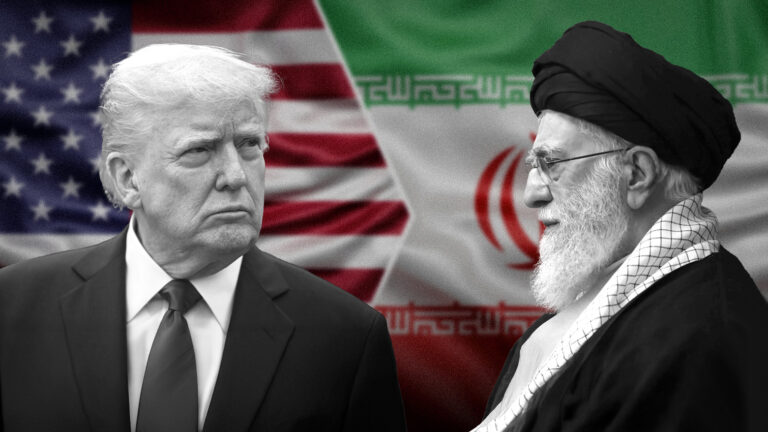
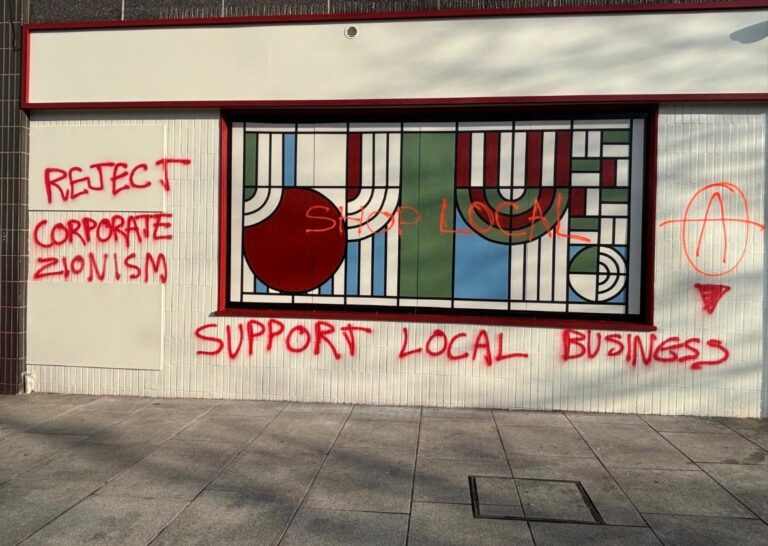
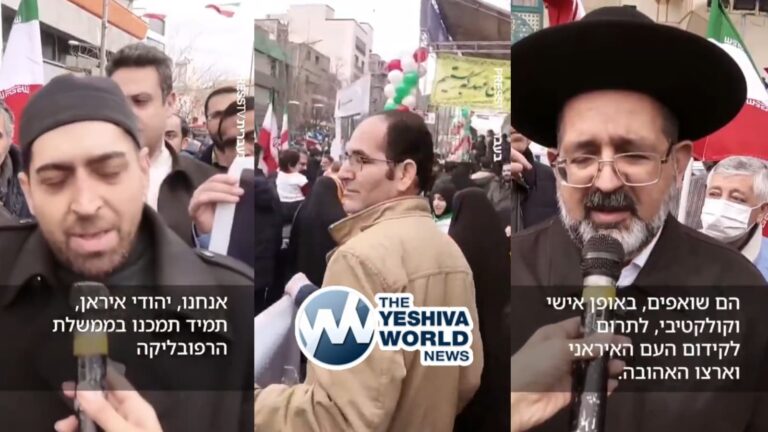
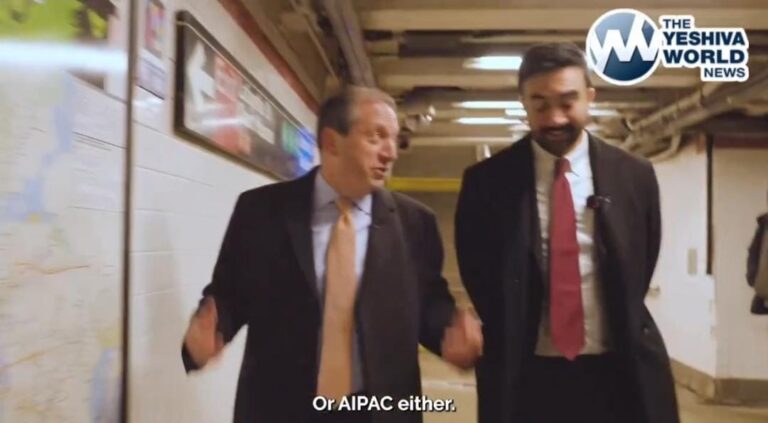
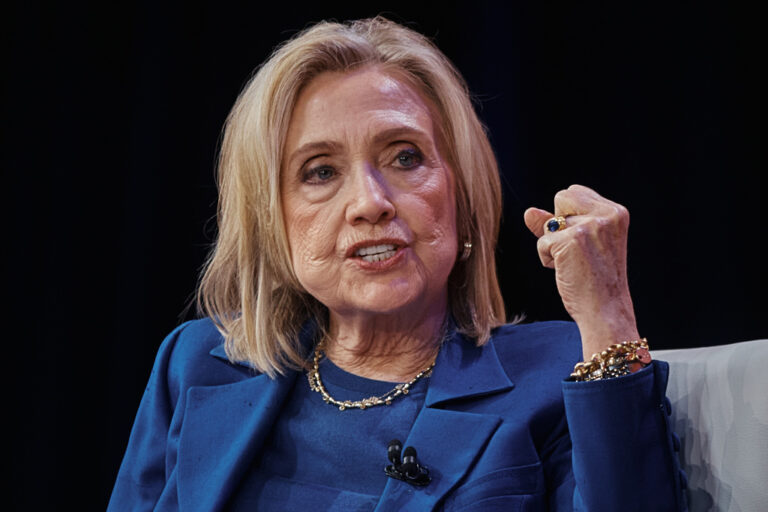
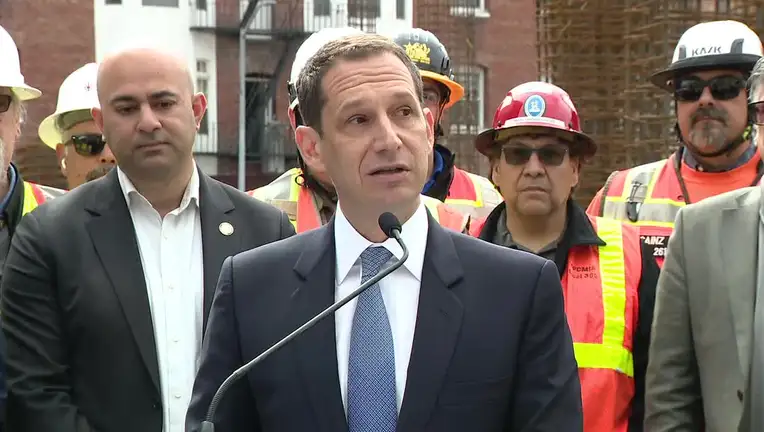

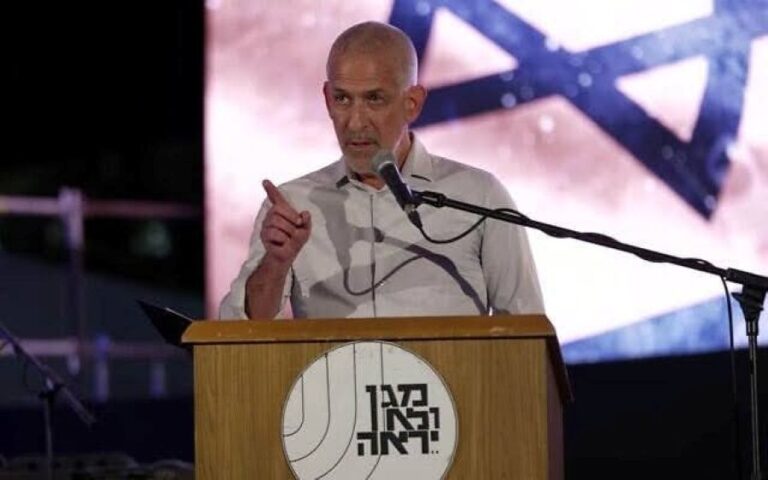
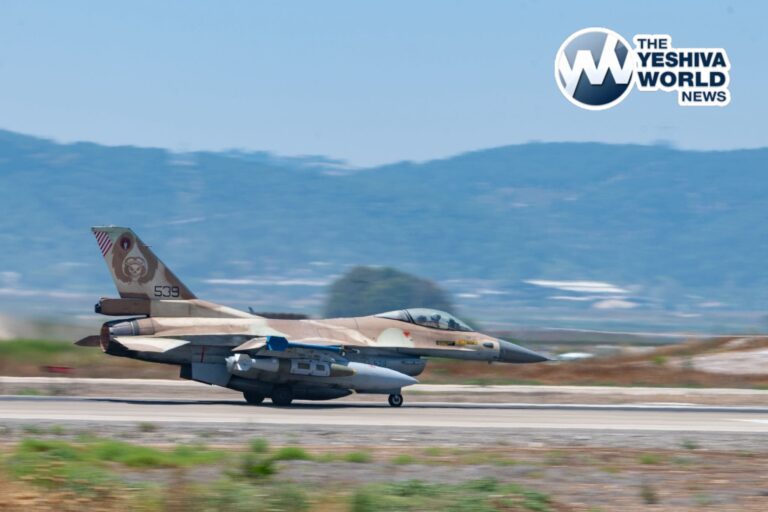

One Response
No, the biggest danger is the division between the secular anti-chareidi and the jewish religious camp.